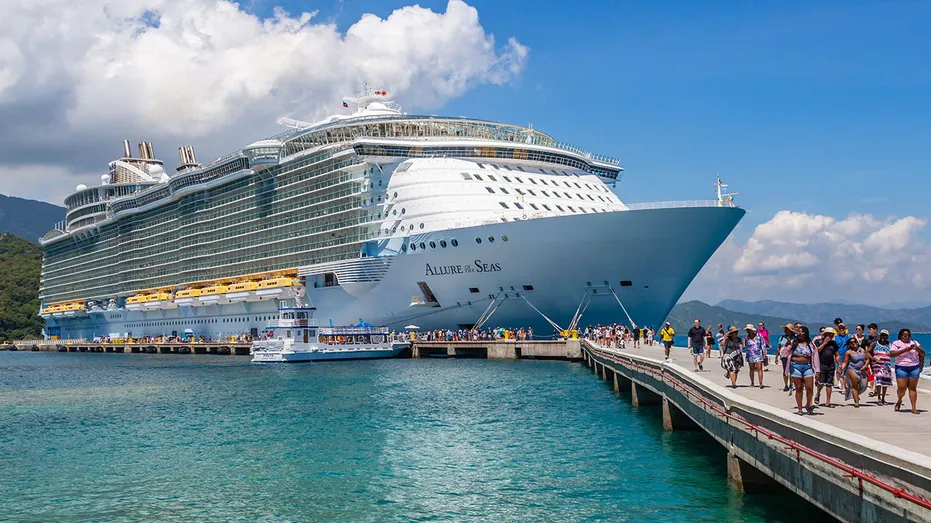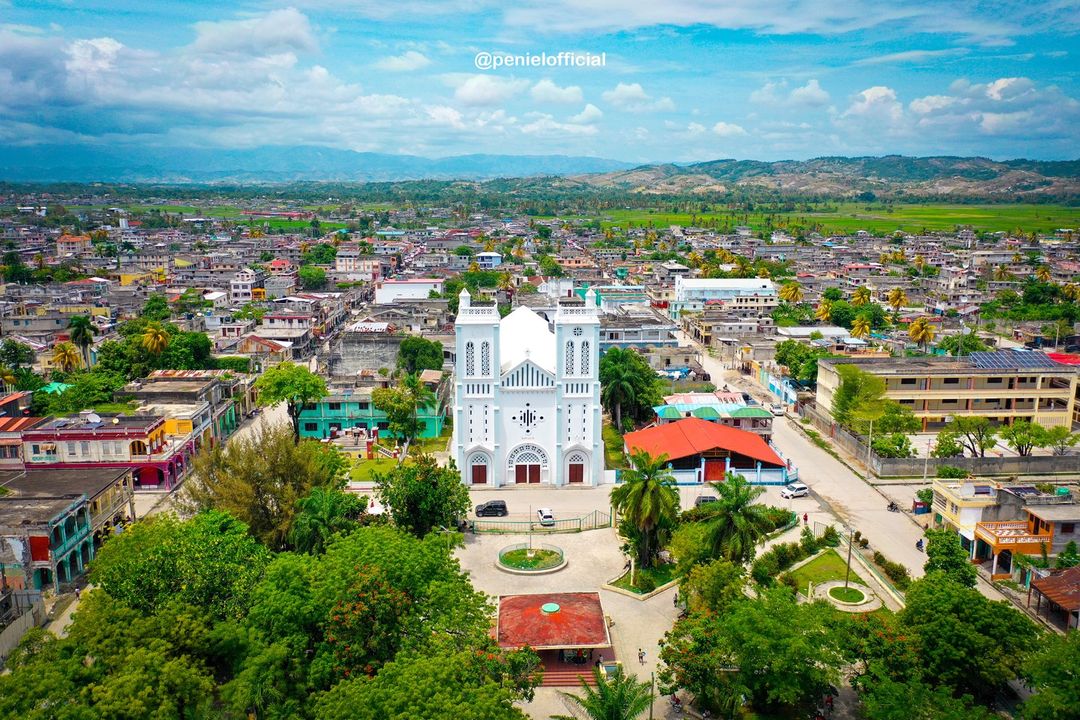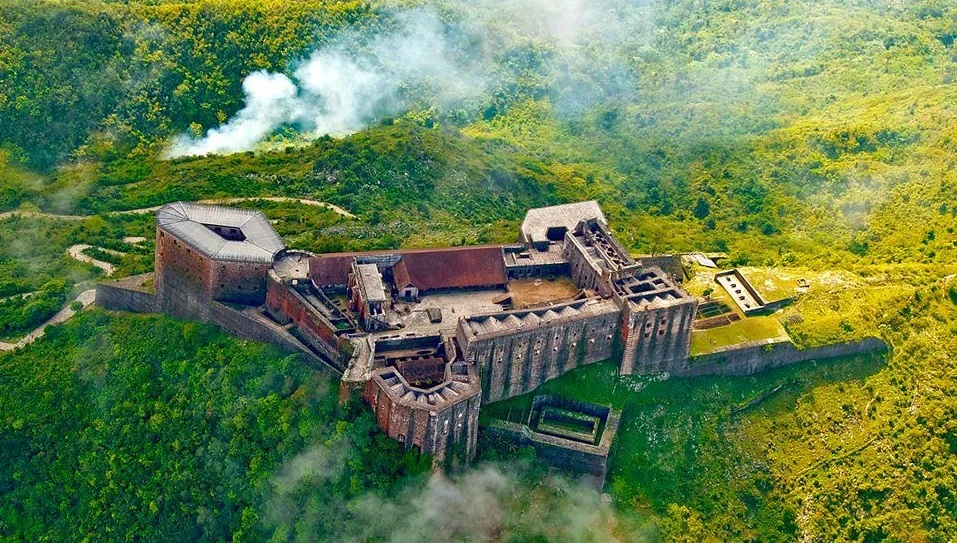Which beach to choose in Haiti?
Haiti, with its heavenly coastline and turquoise waters, is full of magnificent beaches that appeal to lovers of relaxation, nautical adventures and natural discoveries. Whether you are looking for a lively atmosphere or a peaceful retreat, Haitian beaches offer a variety of unique experiences. Here is a guide to help you choose the beach that best suits your desires:
Read the article in :
Summary
1. Beach for relaxation and luxury: Labadee (Cap-Haïtien) Royal Decameron Indigo Beach (Montrouis) 2. Beach for adventure and nature: Bassin Bleu (Jacmel) 3. Beach for culture and proximity to historical sites: Cormier Plage (Cap-Haïtien) - Jacmel Beach 4. Beach for families: Moulin Sur Mer (Montrouis) Wahoo Bay Beach (Côte des Arcadins) How to choose the perfect beach?
See as well

Labadee (Cap-Haïtien)
- Ideal for: An exclusive experience with modern facilities, perfect for relaxation and comfort.
- Assets: Private beaches, spectacular zip line, water activities and luxurious cabins.
- Access: Reserved for Royal Caribbean cruise passengers.

Royal Decameron Indigo Beach (Montrouis)
- Ideal for: An all-inclusive stay with high-end services.
- Assets: Pristine beach, swimming pools, international restaurants, and many activities.
2. Beach for adventure and nature:

Bassin Bleu (Jacmel)
- Ideal for: Nature lovers and those looking for a unique setting with natural pools and waterfalls.
- Assets: Hiking to get there, swimming in turquoise waters, enchanting landscapes.
3. Beach for culture and proximity to historical sites:

Cormier Plage (Cap-Haïtien)
- Proximity: A few kilometers from the Citadelle Laferrière and the Sans-Souci Palace.
- Ideal for: Combining relaxation on the beach and visiting historical monuments.

- Jacmel Beach
- Proximity: Located in a city rich in culture and history, with colonial architecture and a strong artistic dynamism.
- Ideal for: Mixing beach and cultural exploration.
4. Beach for families:

Moulin Sur Mer (Montrouis)
- Ideal for: A family getaway with activities adapted for children.
- Assets: Swimming pools, water sports, safe beach and historical museum on site.

Wahoo Bay Beach (Côte des Arcadins)
- Ideal for: A family day in a friendly and accessible setting.
- Assets: Quiet beach, swimming pool, restaurant, and possibility of water activities.

How to choose the perfect beach?
The choice of your beach depends on your preferences:
- For luxury and modern facilities: Opt for Labadie or Côte des Arcadins.
- For authenticity and adventure: Prefer Île-à-Vache or Jacmel.
- For serenity: Cormier Plage or Port-Salut are ideal options.
Whatever your destination, Haïti promises beautiful beaches and unforgettable memories.
Have you already visited any of these beaches or are you planning to? Share your experiences and plans in the comments!

































